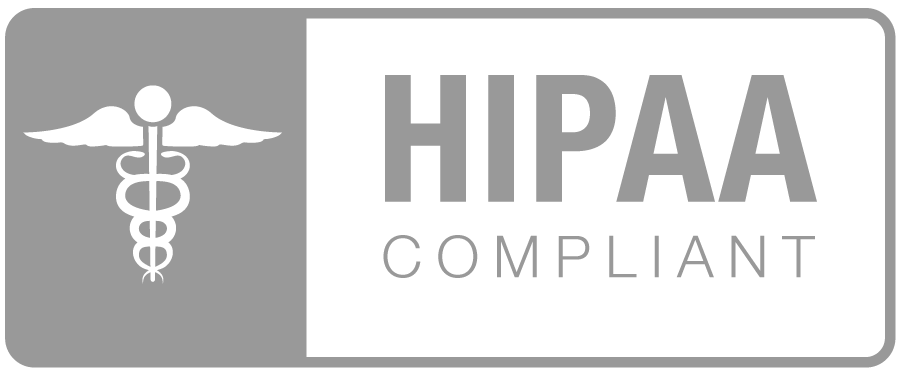Words have the power to offer others around us love and security or bitterness and anxiety. Wounded people have a difficult time with relationships and communication. If we are honest, most of us are wounded. It has been said, “Hurt people hurt people” and it is likely that we respond to others as we have been taught from either experience or how we have been parented.
It takes time, determination, and re-training to break the cycle of how we relate to others. Around the age of two we learned the language spoken in our home. We may not have realized that the words we learned as a child represented many unspoken family rules. As an adult we expect others to know those same family rules and can be shocked when our “rules” are challenged. This results in judgment and assumptions based on irrational thinking which in turn impacts our relationships.
Each of us has been raised in a family of origin with specific rules of communication that have been passed down through generations. They may include ideas such as:
- children should be seen and not heard
- children are to obey adults without question
- anger is bad
- certain topics are off limits
- do not cry
- do not show emotion
- don’t ask questions
- don’t bother people
This transgenerational set of rules and styles of communication was likely passed to you by parents who were good people and trying their best. They did not realize they were also passing along their own unresolved conflicts. It is important to understand this as a starting place in therapy.
We can look at our past for insight and make choices to heal and break the transgenerational patterns of communication that have been unhealthy. We can also look at the good things that were communicated to us and see the kind, loving interactions which have sustained us and those we wish to keep promoting.
Why is so much of our past and childhood mentioned in a discussion on communication? Our core identity or personality is formed during childhood. Although we take on a false self in order to cope with our situations, our spoken words come out of our true self. If we are wounded, we will ultimately wound others. If we cannot see the worthiness in ourselves, we cannot communicate worthiness to others. If we cannot see beauty, we will reflect what we do see. We become the object of our focus. Through a process of discovery, we can experience the healing power of God’s love and learn to love others. Our words can become words of healing and we can be encouragers. Even if we have been shamed in the past, we can become a shame lifter for others.
Styles of communication can be analyzed through theories such as transactional analysis. In this model there are three ego states: parent, adult, and child. A healthy growing person is a mixture of all three with the adult ego state in the driver’s seat. Certain life circumstances may attempt to activate a response from the child or parent ego state. This response will almost certainly be a hurtful exchange. Once the individual understands why and how they are communicating, they are able to make changes without explicit directives at their own pace and impact their circle of family and friends.
Perhaps the best positive change we can implement immediately is to begin using “I statements” to improve communications. An I statement typically consists of few words: “I feel ______when you ______.” By starting with the word “I” rather than “You,” the possibility of a defensive response is diminished. “I feel ignored when you read right up till bedtime.”
This is a direct communication that is not as threatening as, “You always read the whole night!” The latter statement communicated anger and judgment. An expected response would be, “I do not!” The person who felt ignored could take the next step to say what they would like. “I would like it if you _______.” They might insert: play a game with me, take a walk with me, talk to me for awhile, read a chapter aloud to me.
An angry confrontation can be avoided by this type of direct communication. This does take practice and understanding yourself enough to know what you are feeling and what you want. Interestingly enough, many people start a conversation without understanding what they are actually feeling and what they want from their exchange.
Mind reading and making assumptions are culprits of many hurtful exchanges. Unkind words often come from not taking time to know the reality of the other person. Asking questions can avoid many conflictive conversations. Questions that are open ended are best and show we are really interested in their answer…if of course, we really listen.
Listening is another communication skill that takes practice. Sometimes listening is enough. The problem may not need to be fixed and the person may already know the solution, but they just need to verbally process the critical event. A simple, “OK, I see,” or “Is there anything I can do for you?” might be the best response. Listening might be the most important part of communication and the part we are most likely to mess up!
Learning how to talk in a new way is life changing. It may feel uncomfortable at first but it will get easier. Sometimes we have to make ourselves uncomfortable and do things that feel strangely different to make important discoveries. We need to think about what we really want to communicate instead of parroting phrases we have heard from others. At that point we will be revealing our true self and will be opening ourselves to intimacy on a level we have not experienced before.
Written by Rita Peterson
If you would like to meet with a Christian counselor to discuss how improved communications could help you enjoy the abundant life and relationships the Lord wants you to have, please call 972-960-9981 to make an appointment at CounselingWorks or fill out our contact form and one of our counseling coordinators will be in touch with you shortly.



